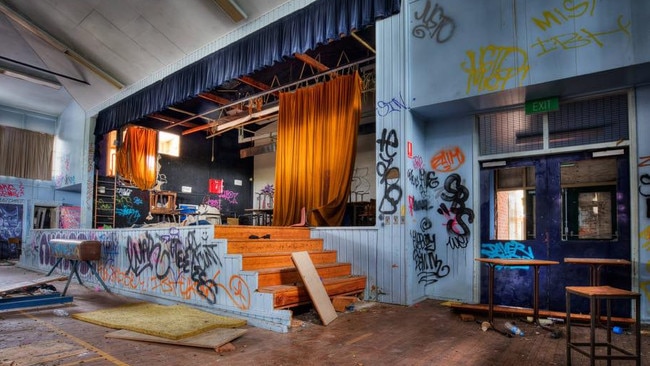THE halls of Macquarie Boys’ High School were brutally graffitied. The burnt out classrooms, with desks bundled in the centre as a bonfire- names of teenage love still scratched into the surface- are as burnt as the skeletal remains of the science and chemistry block, the victim of two separate but devastating blazes in the span of 10 months.
The emptiness of the campus is stark considering it was full of students for more than 60 years prior.
The Department of Education confirmed the demolition of Macquarie Boys’ High School (MBHS) two months ago.
Property NSW has been responsible for the sale of the school and the neighbouring Ageing, Disability and Home Care facility at 266 Victoria Rd. The two sites had an estimated worth of $10 million in 2008.

A recent announcement made by Parramatta Liberal MP Geoff Lee and planning minister Rob Stokes claimed a 1800-pupil school would be built on the site, which would accommodate students from Kindergarten right through to year 12.
Emotions about the decision to demolish the school at 26 Kissing Point Rd have been varied, from relief that the “Rydalmere blight” will finally be gone, to disappointment that another school won’t be standing in its place.
Former students gave their final goodbye to a school, which, at its peak, had up to 900 registered students.
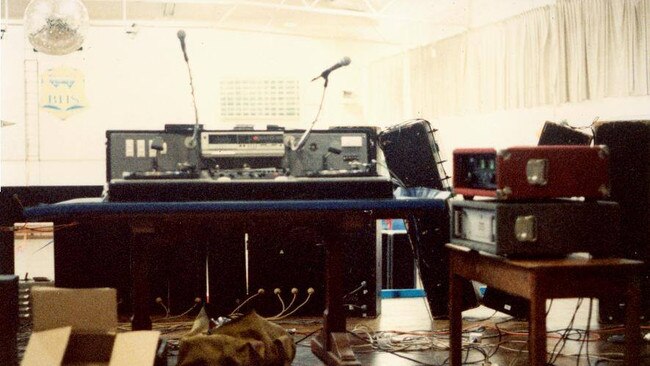
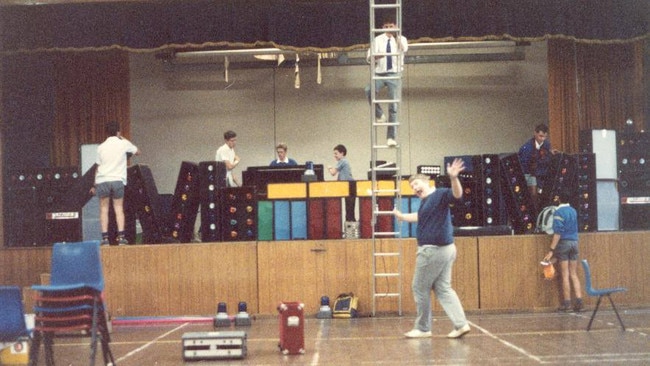
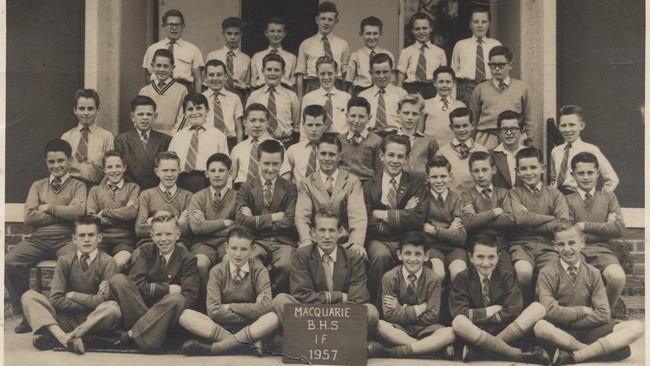
“I had a very positive high school experience,” Mark Whitty, who attended the school from 1966-1969, said.
“In those days the school didn’t stand for nonsense. They were very stringent about the rules.
“You could be caned for stepping out of line and the teachers did enforce that.”
Mr Whitty remembers the interactions between the pupils on the lunchtime oval and the neighbouring health facility, which was separated by a single barbed wire fence.
“We’d see the people on the hospital site and would jeer at them and they would jeer back, but there really wasn’t anything between us, except that wire fence.”
Mr Whitty, now in his mid-60s, said he hasn’t thought about the school’s upkeep since leaving, unlike fellow alum Craig Sheehan, who not only attended the school but was the first on the scene during its most ferocious fire.
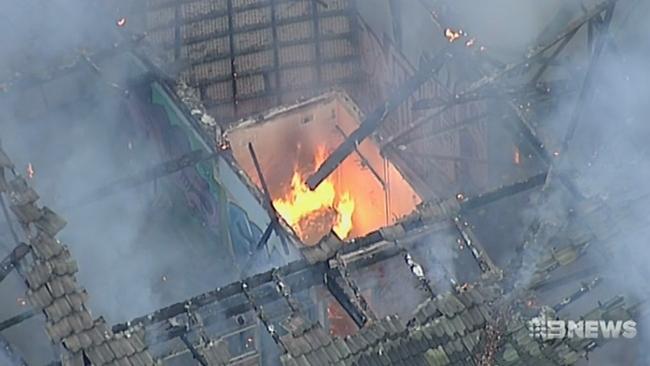
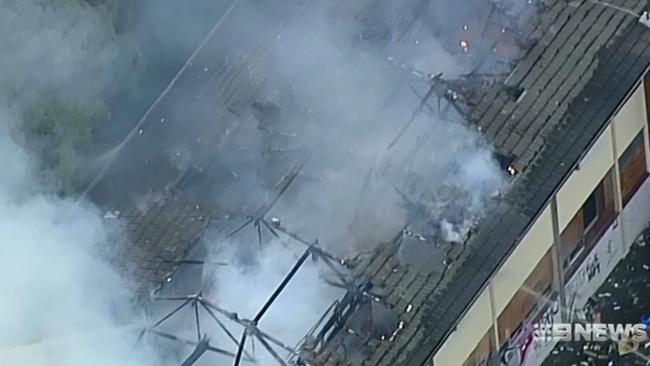

“I remember thinking how sad it was that its in this state,” he said.
Mr Sheehan, who attended the school from 1980-1987, was part of the Parramatta fire brigade called to the blaze in December last year, which gave him an unique perspective over the school.
“I was in a musical that was in that assembly area, and then I was putting out a fire in the same spot, it was surreal.”
To counter the fire, Mr Sheehan used the brigade lift which raised him 37m in the air, giving him a birds-eye-view of the destruction.
“When I first got there I was in work mode, just making sure I was getting on top of the fire. “But after a while you start to think about the school discos that we had in the hall, and there was a bit of sadness, especially after the smoke cleared and you could just see the remnants of the school.”
The school has a long list of prominent old boys including homicide squad chief Geoff Beresford, journalist Chris Masters, former Parramatta mayor and current Sydney Business Chamber, western Sydney, director David Borger and radio personality Ray Hadley.
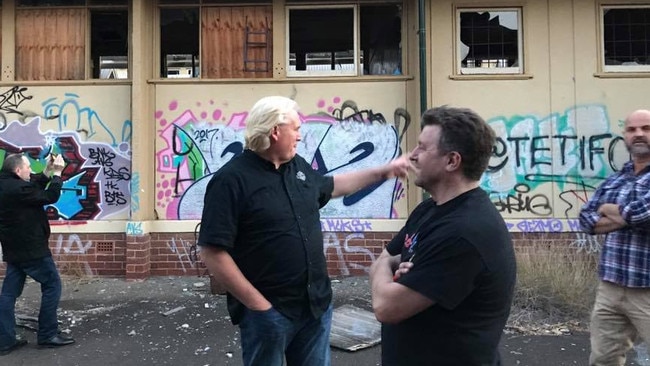

Mr Masters, who now calls the Central Coast home, said he was hardly a high achieving student and hasn’t kept up with the maintenance of the school.
“I can’t say my personal record at MBHS is distinguished — a poor scholar and underwhelming athlete,” he said.
“(I would probably send) a group apology to the teachers — and enduring gratitude to my English teacher who appeared to see something in me
“I recall him going above and beyond, visiting my home to update me with missed lessons when I was recovering from knee surgery.
“Some years later he spotted me on a street corner and stopped his car to wind down the window and ask what I was up to,” he said.
“There was a look on his face of concern, probably considering the location — Sydney’s Kings Cross. I saw that look change to relief when I explained I was working nearby at the ABC.
“As with many of us, there is much owed to the teachers who tried and cared.”

